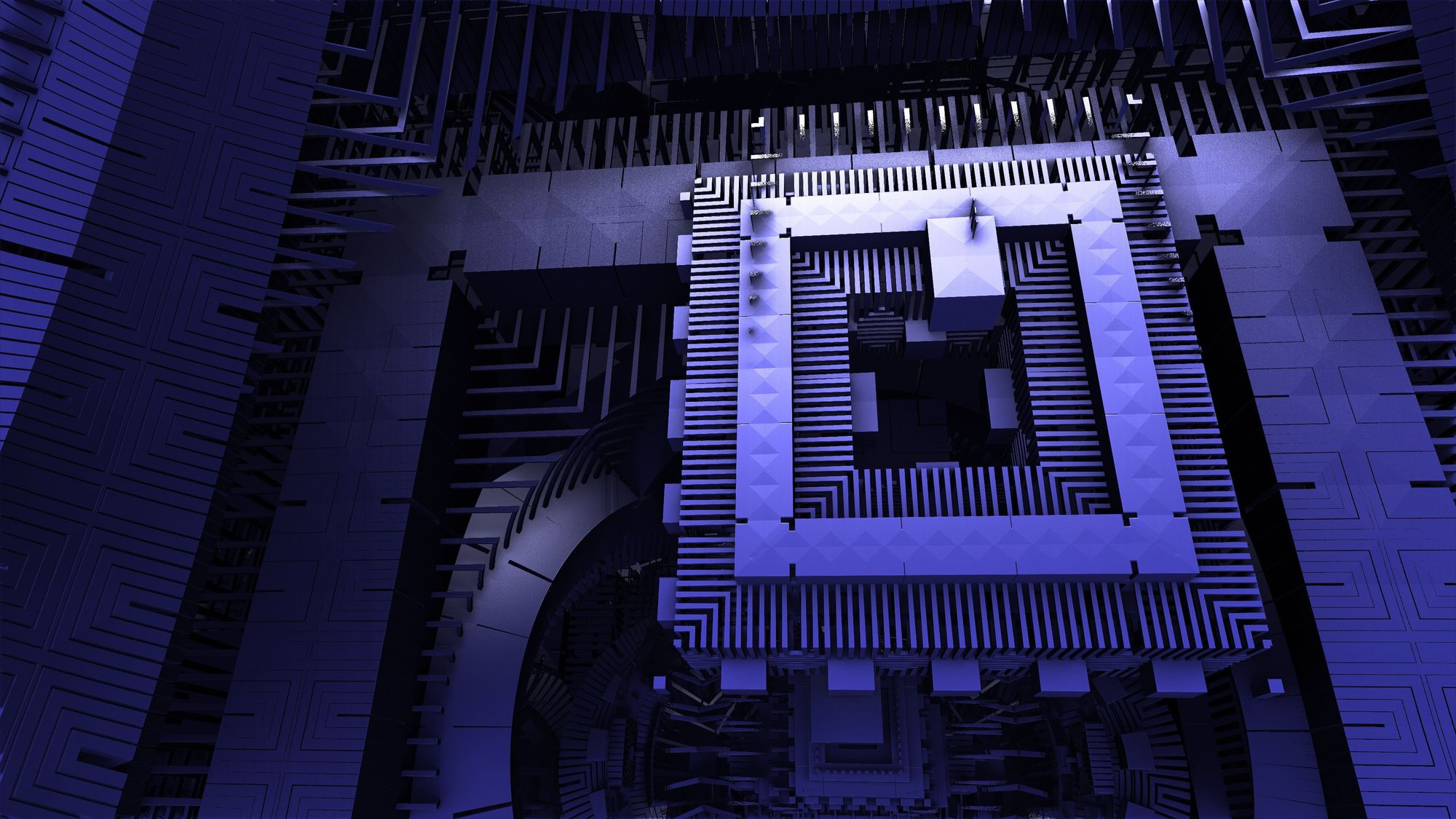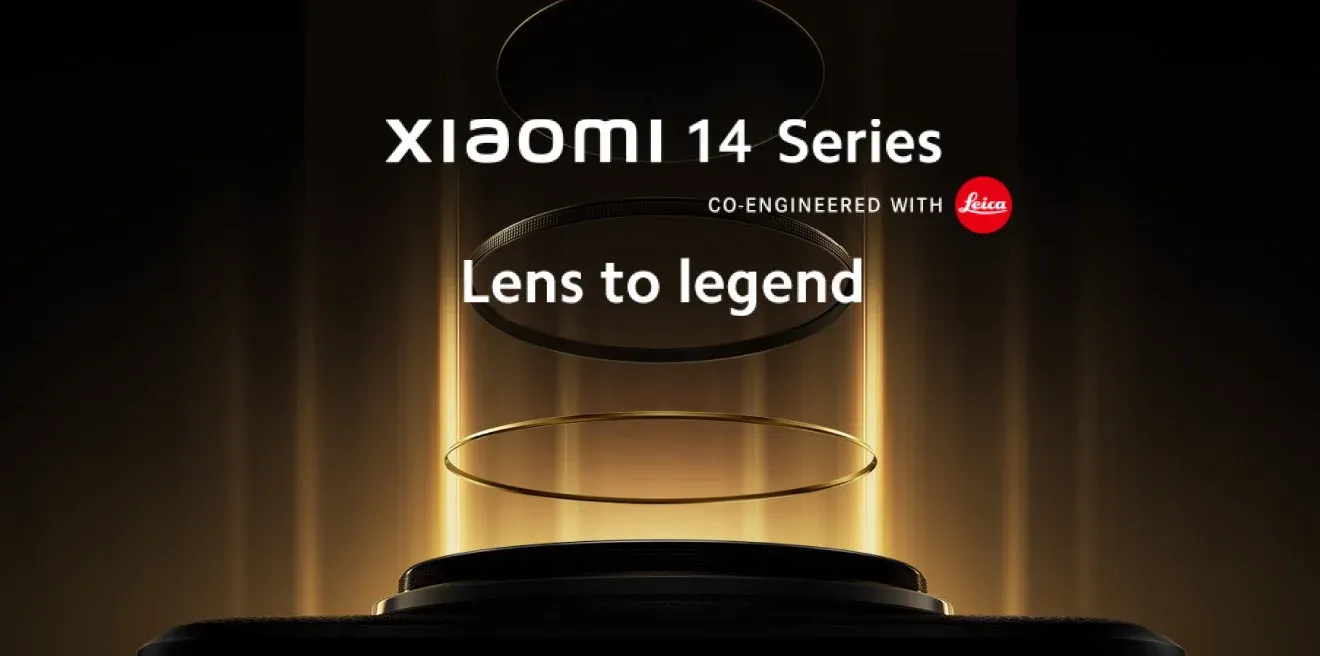Table of contents
Quantum Computing is another embarking terminology defining modern tech alongside AI. Its quantum mechanical process eases off the complex computation and is liquidly adaptable to all domains including drug research, logistics, finance, etc.
However, for quantum computing one requires a quantum computer to run multidimensional quantum algorithms. Quantum Computers optimize quantum bits or qubits that rapidly increase their power with the addition of more qubits which is not possible in traditional computers since it has comparatively less computing power.
Quantum Computing upholds a great potential for its problem-solving capabilities that carry out complicated objectives in an acceptable amount of time with its smart algorithms and power-efficient system, unlike traditional computers that lack power, and efficiency.
There were several claims from advocates indicating the susceptibility to errors is a major drawback of Quantum Computers. This occurs due to its unreliable controls and external noise which leads to damaged or corrupted data to occur when stored on a Quantum Computer.
However, counteracting to such claims, there exist techniques for reducing such flaws and having a secured and error-free data storage which is by optimizing quantum error correction (QEC) which optically flushes out the drawbacks.
The existence of Quantum Computers is based on its extraordinary features of identifying and eradicating defects. The QEC ensures the identification and eradication of errors in the stored quantum information and Fault-tolerant ensures the identification and eradication of errors during operations.
Moreover, Topological Quantum Computing is another component advancing the technology for its theoretical framework that manipulates and encodes qubits by utilizing quasiparticles also defined as anyons which also explains the urgency of exploring this concept before we run late.
What is Quantum Computing?
Quantum Computing is a modern approach to solving complex calculations by optimizing the fundamental principles of quantum theory. It also supports and demonstrates the behavior of energy and matter at the atomic and subatomic standards; efficiently optimizing computer science in all domains of the industry.
It optimizes subatomic particles' "electrons," or "photons" w.r.t. qubits which then permits these particles to operate in more than one state namely 0 and 1. Qubits could also interfere in the wave-like quantum states and conduct calculations that could take a thousand years to solve.
Meanwhile, a traditional computer, the one you are using right now uses a stream of electrical impulses namely 1 and 0 in its traditional binary manner for encoding any information in bits and then conducting a result. This straightforward process restricts their processing ability and consumes a higher time and power than quantum computing which is built for such calculations.
Understanding Quantum Computing in simple words
In simple words, Quantum Computing incorporates computer science, maths, and physics that makes use of quantum mechanics for solving complex algorithms in a faster and more modern procedure than traditional computers with less power.
Quantum Computing was first discovered in the 1980s for tackling modern problems with efficient use of quantum algorithms and also includes hardware research and application development, which calls the future of technology.
This modern technology has the potential to solve a huge number of possibilities and extract solutions to complicated challenges and problems which are extremely challenging to carry out on a traditional computer.
Traditional computers extract information and split it into bits with their conventional binary digits 0s and 1s while quantum computers optimize qubits that extract information in a quantum state and explore 0 and 1 in a multi-dimensional approach.
Quantum Computing holds a higher potential of optimizing computer science, maths, and physics in a more efficient way for calculating and solving modern problems which also attracted several tech giants to explore the technology such as:
Functioning of Quantum Computing
Traditional computers of today operate in a relatively basic approach that aligns straightforward responses. The algorithm responds to a limited set of inputs and straightforwardly reacts with a solution without sharing the information internally with other sources.
In contrast, Quantum Computers consume data in qubits which then internally interact with other qubits and share the consumed information. This allows ease of carrying out multiple sets of calculations simultaneously and keeps track of every occurring input and output.
The sharing of input and output information with all qubits is the reason why Quantum Computers fall into a different category. The process becomes faster with a track record and more importantly, they do not provide a single output but deliver a range of possible solutions to the user’s problem.
Traditional computers are reliable for those with a limited scope of calculation dealing with simple queries while Quantum Computers are reliable for carrying out complex problems as they can save time and efficiently provide a range of possible solutions.
Impact of Quantum Computing on Modern Tech
It’s a fact that Quantum Computers are still way far from being industry-ready but it is also a fact that since top modern tech companies have started adopting the technology and is also now witnessed in the startup culture, you must know its impact on modern tech.
Quantum applications ideally consist of merging capabilities of traditional and Quantum Computers that deliver hybrid algorithms – quantum algorithms wherein computational workflow is designated to a traditional processor.
On the other hand, traditional algorithms are optimized for imitating the behavior of a Quantum Computer on a traditional processor which is known as quantum-inspired algorithms. These practices typically provide an upper hand over a straightforwardly locked traditional approach.
However, it is also to note that the value it will provide is yet in the exploration process. Also, note that the level of speed to which an enterprise is able to adopt Quantum depends on adapting and testing this methodology today like other tech leaders.
Quantum Computing in Pharmacy
Drug design requires identifying the right drug target which includes the protein and DNA or RNA within a human body that may also lead to a distinct disease and later developing a molecular solution that will effectively alter the target problem.
Since there exist endless possible targets and molecules so locating an exact combination becomes a year-long process which is also why it comes a challenging factor for manufacturing drug-based solutions with Quantum Computing identifying and locating the exact combination would become a faster and more efficient process.
Quantum Computing in Finance
Quantum computing can run and perform multiple calculations simultaneously which is well-suited for the challenges that occur in a simulating situation that comes with many different variables or simply stating, selecting the best path from multiple alternatives and solutions.
This is applicable to a variety of financial use cases which also explains the role of Quantum Computing in the modern world of finance.
Quantum Computing in Batteries
The battery design is a complicated process similar to drug design or manufacturing, and improving its design requires the development of the next generation of devices that are safe, durable, also less expensive, and compatible with the market.
However, the core problem with battery design is that it requires extracting several set of parameters which is analyzed to develop an improved material or a better version, and here’s when Quantum Computing will do the job with ease by assessing several parameters fast and swiftly to derive a multiplied solution efficiently saving much of the time.
Quantum Computing in Weather Forecast
Weather forecast is a hefty traditional practice that relies on simulations of data points extracted from current weather conditions and it must be error-prone. However, predicting weather requires focused accuracy for painting a real-time picture of the forecast.
To do so, several parameters are assessed and how they interact is calculated which indicates a complicated methodology that is difficult for traditional computers. Here, Quantum Computers come in handy for their ability to conduct several assessments of several parameters simultaneously, showcasing their game-changing capability.
Quantum Computing in Power Grids
Power Grids shall be conscientiously coordinated and synchronized for delivering electricity to the network as it upholds a vast network of sensors, data management systems, communication infrastructure, and control mechanisms.
However, the procedure is relatively complicated which is very intricate and time-consuming. It also indicates the level of active engagement required in the functioning which calls Quantum computing for efficiently carrying out hefty simulations in a fast and shorter time.
Quantum Computing in Manufacturing
Production is a complex technical methodology that requires predicting and detecting defective parts in pieces that also hold an economic value within manufacturing. However, determining so is complex and time-consuming, wherein Quantum Computing exponentially determines the variations and delivers fast and time-saving end-result.
Quantum Computing in Routing Optimization
Maps are complex algorithms with complicated calculations that are influenced by several factors within the route for getting oneself from one point to another. Quantum Computing and its algorithm itself are developed in a way to calculate and deliver every possible solution or factor determining the optimal route.
David Deutsch: The Father of Quantum Computing
David Elieser Deutsch is titled the father of Quantum Computing for pioneering Quantum Computation by developing a description for a Quantum Turing machine and outlining an algorithm developed specifically to execute on a Quantum Computer.
David Deutsch was born on May 18, 1853 (1). He is a British physicist at the Univeristy of Oxford. He is presently a visiting faculty at the Department of Atomic and Laser Physics at the University of Oxford Clarendon Laboratory's Centre for Quantum Computation (2).
David Deutsch is also popularly known for emphasizing the optimization of entangled states and Bell’s theorem (3) for quantum key distribution. He is also an advocate of the many-worlds interpretation of quantum mechanics, a living legend.
Quantum Computing & AI: A match made in modern heaven
Recently there has been a surge in AI developments and adoption in the mainstream modern world. It has significantly influenced audiences from sticking to the traditional roots to exploring new inventions and adopting the rising advancements within modern tech.
Quantum Computing and AI are a match made in heaven for the enormous possibilities they develop when converged. A prime example is Quantum machine learning which leverages Quantum Computing’s calculative computational ability for enhancing AI algorithms.
This extraordinary synergy holds the potential of reshaping several industrial practices in multiple domains to shift from a straightforward approach to a better, faster, and more reliable component with data-driven decisions and unparalleled efficiency to accuracy.
Similar to the mega event of the past, “commercialization of the internet” the adoption and liquidity of Quantum Computing alongside AI will evolve over time which also calls for mega attention from everyone before it gets too late.
The rising adoption of this combined technology will also require a regulatory framework to ensure responsible utilization, stretching to ethical concerns as it upholds significant potential for re-shaping and exploring existing and unexplored avenues faster and more efficiently.
Quantum Computing with AI can create an efficient future where businesses could swiftly incorporate time-saving functionalities, customer experience gets enhanced with rightful deliveries, the finance sector gets fast-paced and efficiently reliable to meeting deadlines, etc.
An International Quantum Collaboration
President of the United States Joe Biden and Prime Minister of India Narendra Modi in a bilateral meeting emphasized strong and extensive collaborative efforts by both countries for advancing research and implementation in diverse fields including Quantum Computing (4).
Together announced the formation of an Indo-US quantum coordination mechanism facilitating collaborative opportunities between industries, academics, and government entities. They signed implementation arrangements on the subjects:
- Artificial Intelligence
- Advanced Wireless
- Quantum Technologies
Quantum Computing India
The government of India announced an investment of ₹6003.65 crores ($730M) focused on developing and scaling up scientific and industrial R&D for establishing a thriving and inventive environment in Quantum Technology (5).
India aspires to advance its Quantum Technology-led economic growth for becoming a leading nation in the development of Quantum Technologies & Applications. The mission is focused on optimizing Quantum Computing in the field of:
- Communication
- Health
- Finance
- Energy
- Drug Design
- Space Applications
The vitality of Quantum Computing in the modern world is even acknowledged by the governments of prominent countries like the USA, India, etc., which also signifies the value it upholds for re-shaping terminologies and inventing breakthrough concepts.













